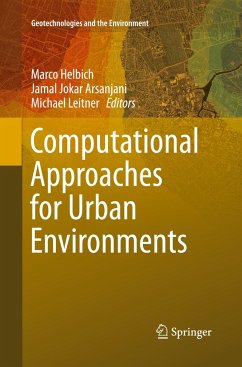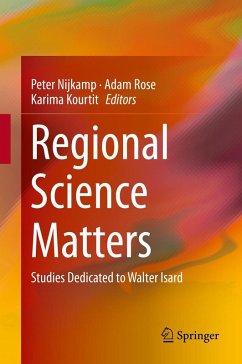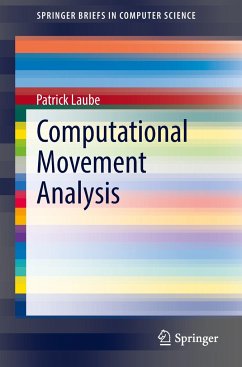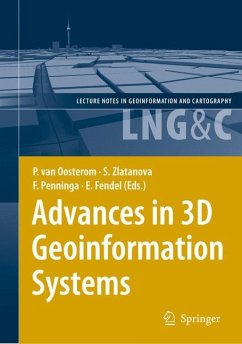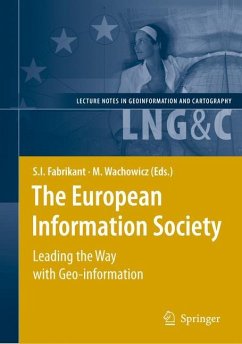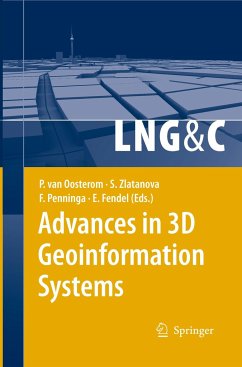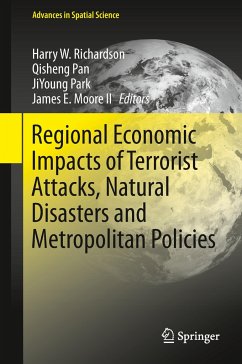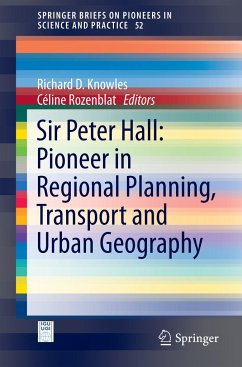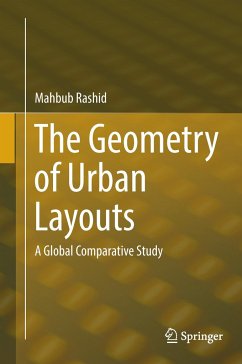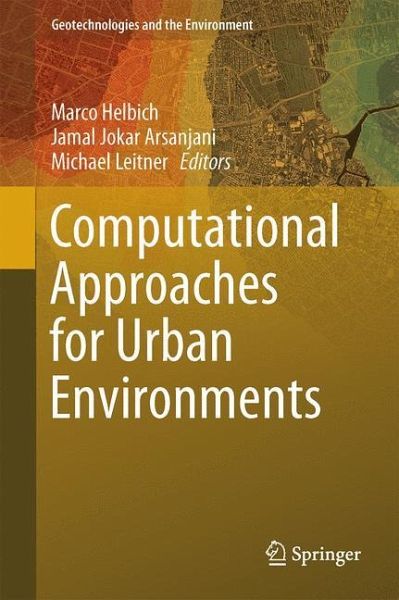
Computational Approaches for Urban Environments

PAYBACK Punkte
38 °P sammeln!
This book aims to promote the synergistic usage of advanced computational methodologies in close relationship to geospatial information across cities of different scales. A rich collection of chapters subsumes current research frontiers originating from disciplines such as geography, urban planning, computer science, statistics, geographic information science and remote sensing. The topics covered in the book are of interest to researchers, postgraduates, practitioners and professionals. The editors hope that the scientific outcome of this book will stimulate future urban-related international...
This book aims to promote the synergistic usage of advanced computational methodologies in close relationship to geospatial information across cities of different scales. A rich collection of chapters subsumes current research frontiers originating from disciplines such as geography, urban planning, computer science, statistics, geographic information science and remote sensing. The topics covered in the book are of interest to researchers, postgraduates, practitioners and professionals. The editors hope that the scientific outcome of this book will stimulate future urban-related international and interdisciplinary research, bringing us closer to the vision of a "new science of cities."




